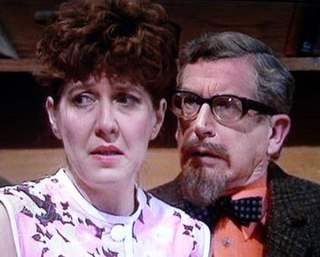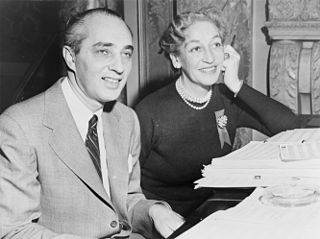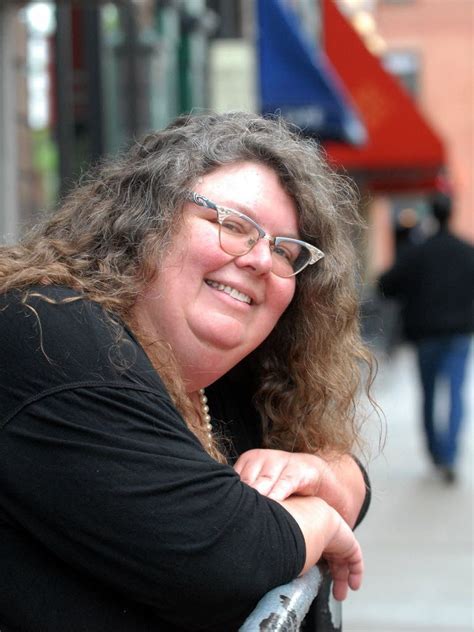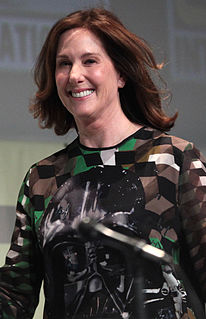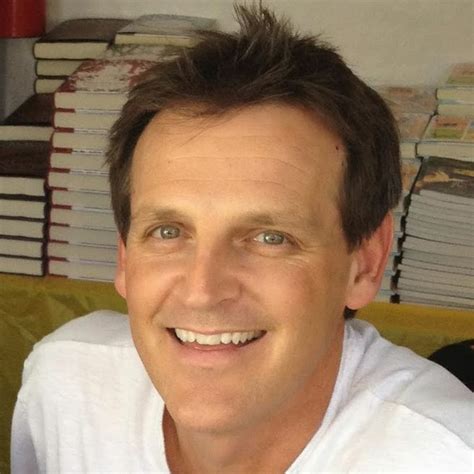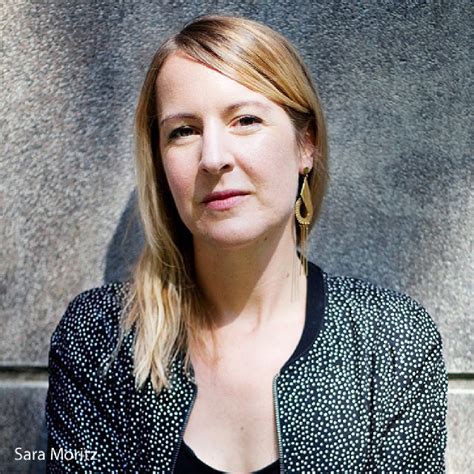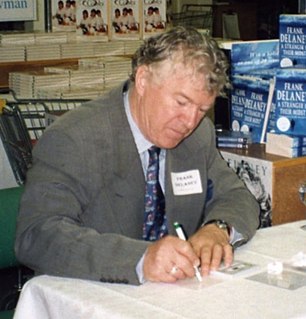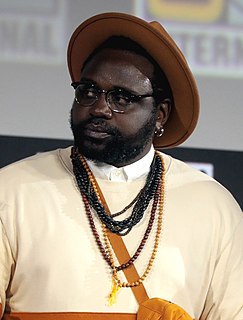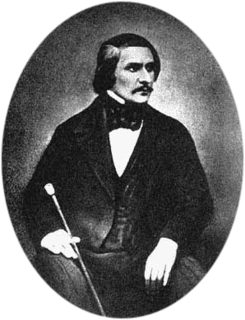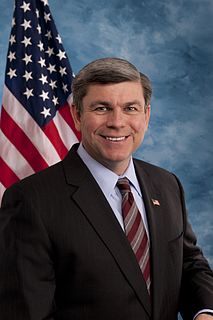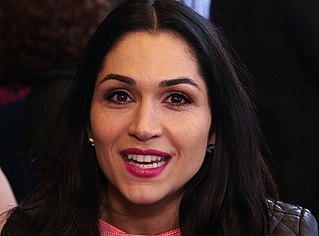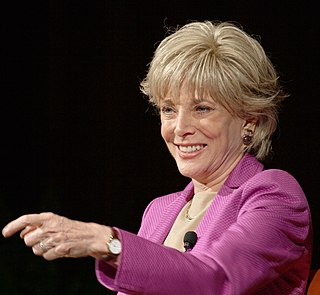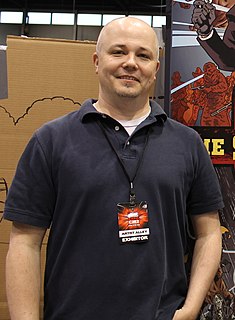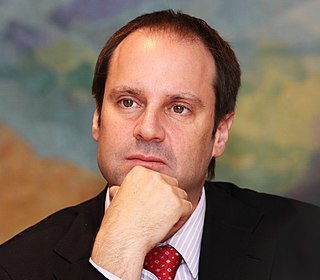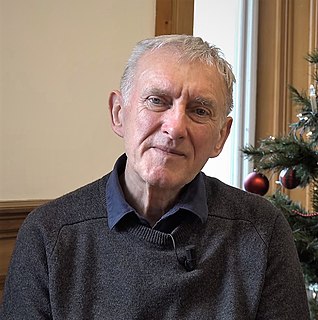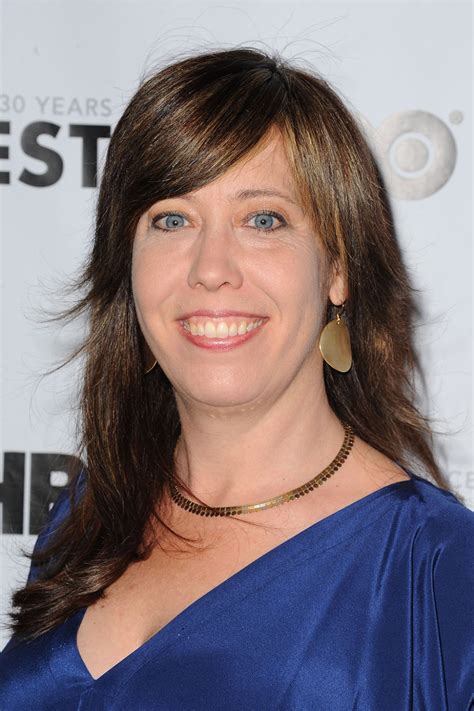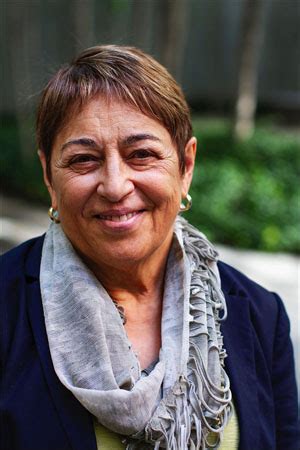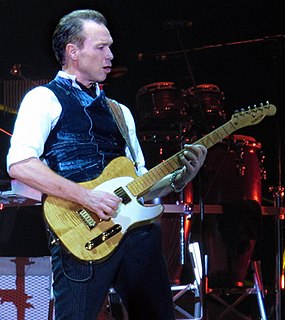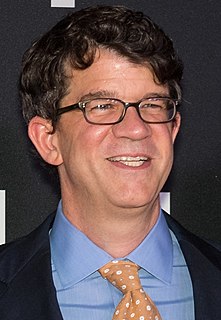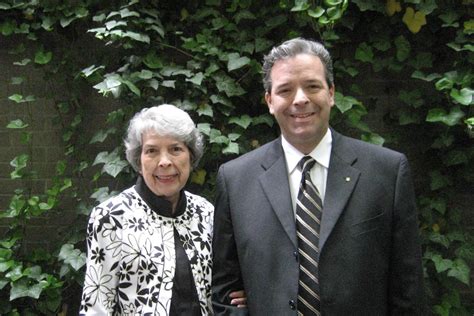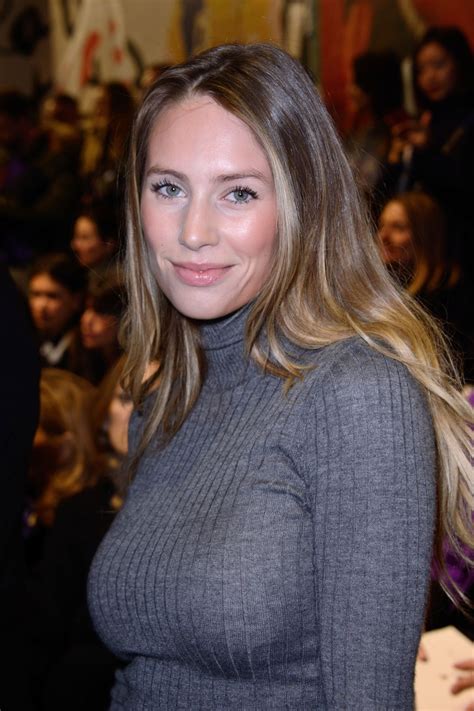Top 1200 Reading Stories Quotes & Sayings - Page 19
Explore popular Reading Stories quotes.
Last updated on December 23, 2024.
About twenty pages into Luke B. Goebel's Fourteen Stories, None of Them Are Yours, I realized I was reading with one hand holding my forehead and one balled at my waist, kind of clenched, and gazing down into the paper like a man soon to be converged upon. Goebel's testimony comes on like that: engrossing, fanatical, full of private grief, and yet, at the same time, charismatic, tender, and intrepid, aglow with more spirit than most Americans have the right to wield.
In American Romances, her new book of essays, Rebecca Brown has a voice that is full of pop references, family stories, and the fruits of a lifetime of -- in her perfect phrase - extreme reading. The voice is a hoot, and it is dead serious. This is writing with exquisite control, fully up to the task Brown takes on of playing a fierce game of beach ball with deep problems of American (and personal) history and identity.
I liked myths. They weren't adult stories and they weren't children stories. They were better than that. They just were. Adult stories never made sense, and they were slow to start. They made me feel like there were secrets, Masonic, mythic secrets, to adulthood. Why didn't adults want to read about Narnia, about secret islands and smugglers and dangerous fairies?
I don't think that people are necessarily going to films simply because they were adapted from comics, though I could be wrong. Comics aren't really misunderstood either, they've just been mostly silly for the past century, and those genre-centered stories have found their way into the movie theaters over the past couple of decades because a generation who grew up reading them has, well, grown up.
Any man will go considerably out of his way to pick up a silver dollar; but here are golden words, which the wisest men of antiquity have uttered, and whose worth the wise of every succeeding age have assured us of; and yet we learn to read only as far as Easy Reading, the primers and classbooks, and when we leave school, the Little Reading, and story books, which are for boys and beginners; and our reading, our conversation and thinking, are all on a very low level, worthy only of pygmies and manikins.
I still read romance, and I read suspense. I read them both. And part of it is, I like stories with strong characters, and I like stories where there's closure at the end. And I like stories where there's hope. That's a kind of empowerment. I think romance novels are very empowering, and I think suspense novels are, too.
Ninety-nine per cent of traditional English literature concerns people who never have to worry about money at all. We always seem to be watching or reading about emotional crises among folk who live in a world of great fortune both in matters of luck and money; stories and fantasies about rock stars and film stars, sporting millionaires and models; jet-setting members of the aristocracy and international financiers.
I don't revise a lot when writing short stories. As far as the novel, I definitely thought more about plot. Honestly, I'm still pretty confused about what "plot" means. I've been reading some of my Goodreads reviews and one reader noted that the The Last Days of California "reads like a short story stretched to the breaking point, padded and brought into novel range..." I don't know what people want, really.
